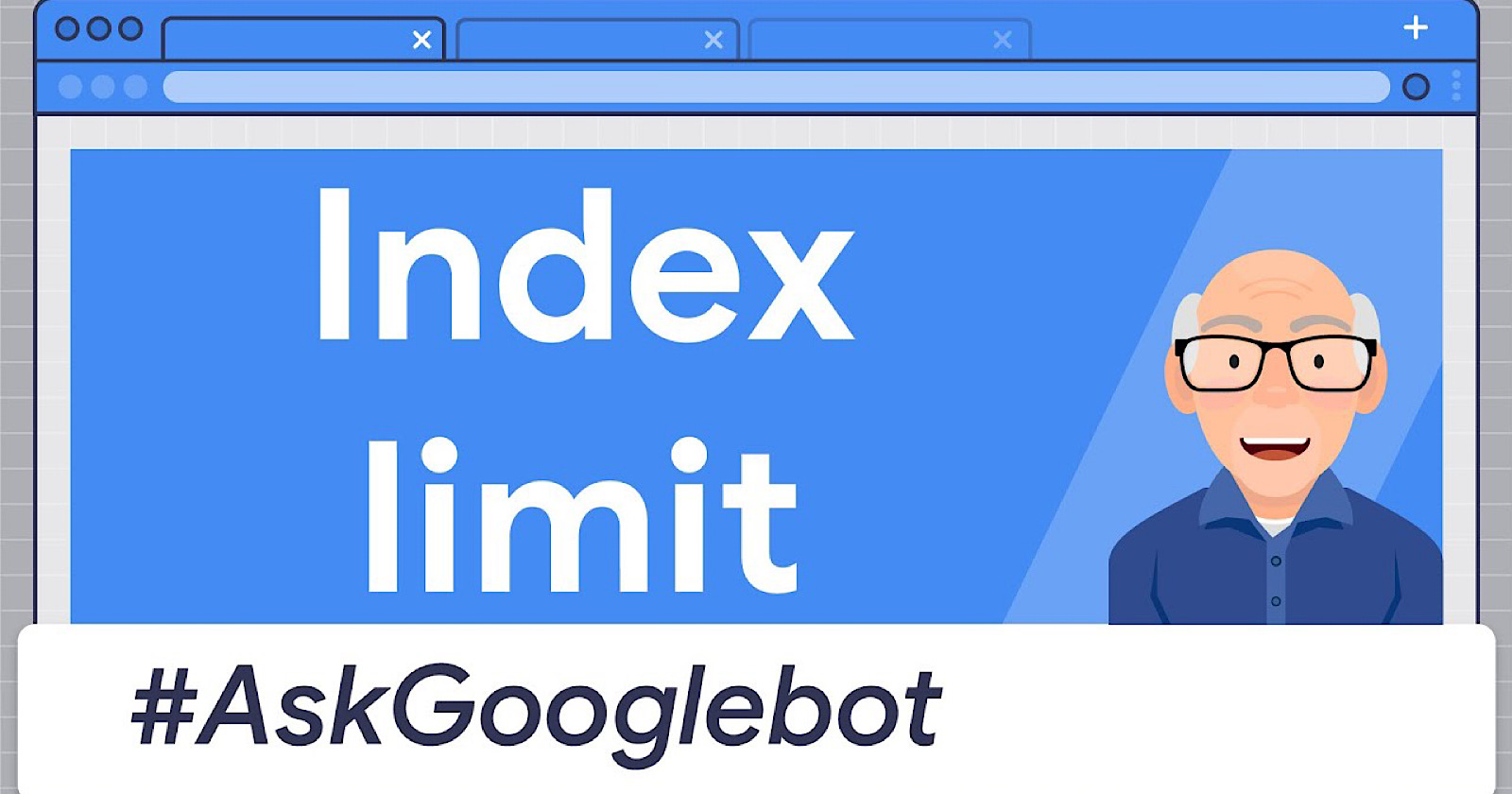Google says there’s no limit to how many static HTML pages it can index from one site.
The subject of indexing limits is the focus of the latest installment of Ask Googlebot on YouTube.
Google’s John Mueller answers a question about whether there’s a maximum limit for indexing pages from a single site, and briefly discusses the differences between static and dynamic content.
Here’s more from the latest episode of Ask Googlebot.
Does Google Have a Max Limit on Page Indexing For One Site?
No, there is no limit to how many pages Google is capable of indexing from one site.
The question submitted to Google is specific to static pages, but Mueller says the same applies to dynamic pages.
Whether a page is dynamic or static doesn’t matter to Google because it can’t tell the difference.
Sites will sometimes try to disguise dynamic pages as static pages by adding a .html extension, but Mueller says that isn’t necessary.
While there are no limits for indexing, Google will focus its resources where it makes the most sense.
Mueller gives an example that a brand new site with millions of pages likely won’t get all its content indexed right away. That’s because Google doesn’t yet have an idea of what value the site’s content provides to the web.
On the other hand, Google doesn’t have any reservations when it comes to indexing pages from an established site with proven value.
Mueller’s advice to site owners is to produce “awesome” content so Google’s algorithms know it’s worth spending the resources to get it all indexed in search results.
Hear his full statement in the video below:
Partial transcript:
“In short, no, there is no limit. But let’s take a quick moment to cover two related topics. First, static pages versus dynamic pages. When content is made available to search engines they don’t know if it’s from a static page, so a file that was added and has never changed, or if it’s created by something on the server, so a dynamic page. We can’t tell, and it doesn’t matter to search engines either way.
Sometimes site try to make dynamic pages appear to be static pages by adding an HTML extension, but that doesn’t change anything. There’s no need to do that.
The other aspect is a limit for indexing. We don’t have any limits for indexing. However, we do try to focus our resources in places where we think they make sense. With that in mind, our algorithms will generally try to focus indexing on pages that make sense to be indexed.
So if it’s a completely new website we probably won’t go off and index millions of pages. However, if we’ve seen that it’s worthwhile, we’ll be happy to do just that.
This process is fully automated, so if you’re building out your website our advice would be to make sure it’s awesome so that our algorithms easily understand that it’s worth spending a bit more time to get it all indexed and shown in search.”





![AI Overviews: We Reverse-Engineered Them So You Don't Have To [+ What You Need To Do Next]](https://www.searchenginejournal.com/wp-content/uploads/2025/04/sidebar1x-455.png)